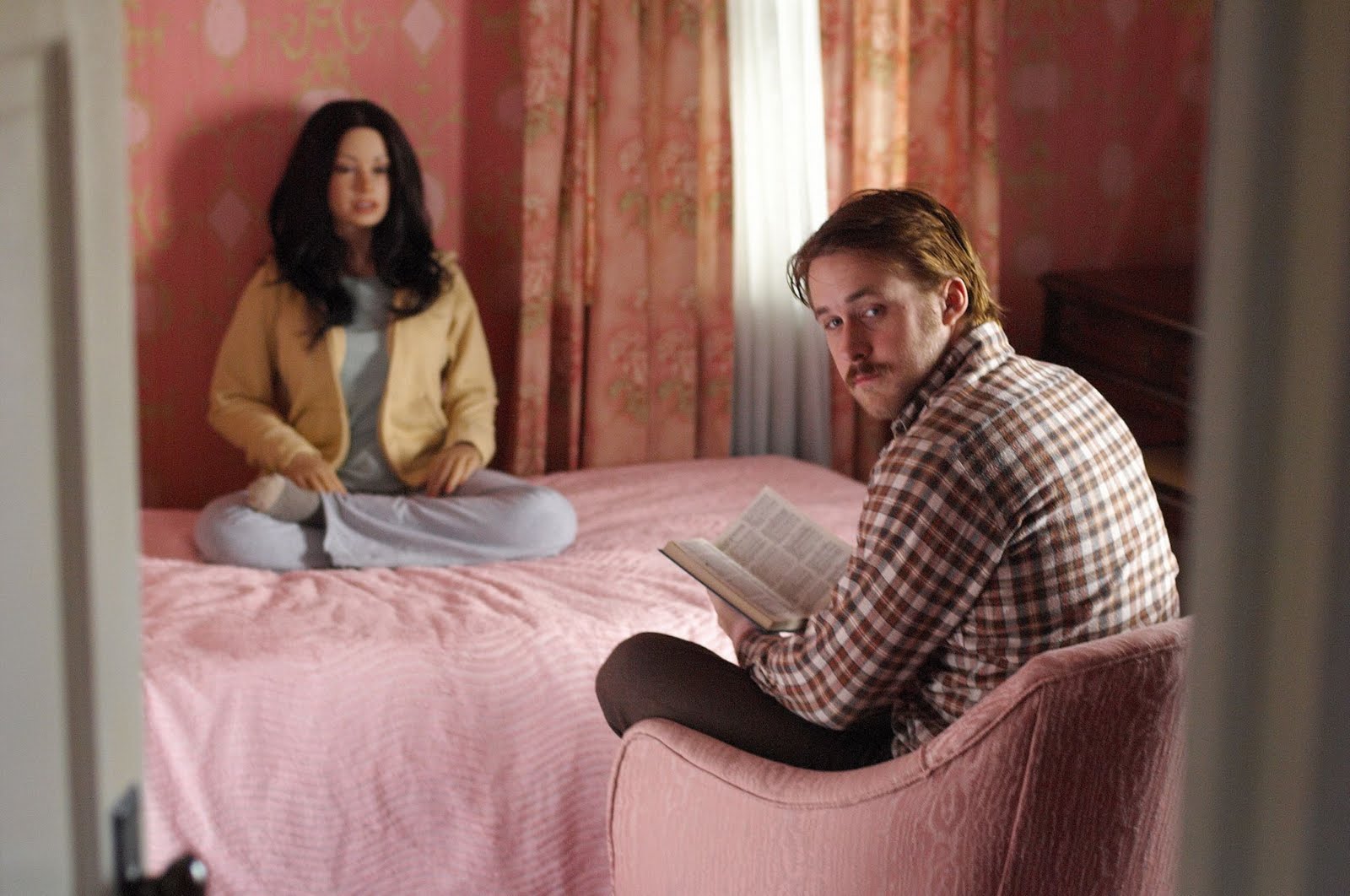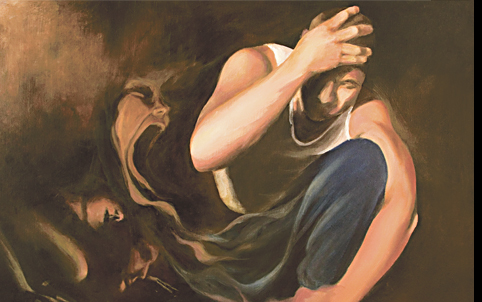
- Last December 3rd, I wrote a blog recommending the movie, The Silver Lining Playbook. So I am thrilled that it’s been nominated for seven major Academy Awards. Several of you sent me emails this week about Robert DeNiro who teared up on the Katie Couric show when discussing his role in the film. Some Hollywood cynics snipped that DeNiro was trying to win sympathy because he has been nominated for Best Actor in a Supporting Role in the movie. I felt those attacks were unsupported and cruel, especially after I read that DeNiro’s father, Robert, was believed to have bipolar disorder and suffered from bouts of paralyzing depression.
- I’m happy Hollywood is doing a much better job of portraying mental illnesses. The National Alliance on Mental Illness recently crowed about HOMELAND and its protagonist, Carrie Mathison, played by actress Claire Danes, who has bipolar disorder. SAMHSA gave HOMELAND a Voice Award.
- In March 2010, I wrote a blog about another fabulous movie — Lars and the Real Girl. In my opinion, its message is even better than the one delivered in The Silver Lining Playbook.
FROM MY FILES: Movies About Mental Illness You Should See
Debating Forced Treatment and Mental Illness

The New York Times has done an admirable job since the Sandy Hook shootings in keeping a spotlight on our mental health system. Here’s an exchange about mandated treatment — sparked by a Harvard psychiatrist — that is worth reading.
To the Editor:
Recent tragic events have linked mental illness and violence. Some people — I, for one — consider this link dangerously stigmatizing. People with mental illness are far more likely to be victims of violence than perpetrators. Moreover, psychiatrists have limited capacity to reliably predict violence. Nonetheless, these events increase pressure to identify people who might conceivably commit violent acts, and to mandate treatment with antipsychotic medications.
For a tiny minority of patients who have committed serious crimes, mandated treatment can be effective, particularly as an alternative to incarceration. But for most patients experiencing psychotic states, mandated treatment may create more problems than it solves.
For many medical conditions, better outcomes occur when patients share in treatment design and disease management. Imposed treatments tend to engender resistance and resentment. This is also true for psychiatric conditions.
BRAVO: Speaking Out About Mental Illness!
A regular reader of this blog, Laura Pogliano, appeared on national television last week with her son, Zac, talking about stigma and mental illness. This short news clip is well worth watching!
In an email about the clipping, Laura told me: “The cutting room floor has the best stuff: Zac’s statements on working on his health, his enjoyment of life & and my personal fave: ‘I’m a moral person. Bad people do bad things. Greed is a huge problem. Greedy people do more bad things than mentally ill people do…’ (I love that!) ”
Bravo to both of you!
From My Files: What Happened To Linda? She Tells Us In Her Own Words

On Friday, I re-introduced readers to Joan and Linda Bishop, whose two-part story I originally published in February 2010. In today’s blog, we get to read Linda’s own words as she describes how her untreated mental illness slowly takes her life.
Part Two: Linda’s Story
Joan Bishop tried to help her sister, Linda, after she developed a severe mental illness while she was in her 40s. But Linda didn’t want her help. She refused treatment and medication and Joan’s attempt to obtain a guardianship over her sister was rejected by a judge.
After a drunk driving incident, Linda got further into trouble by throwing a cup of urine at a correctional officer while in jail. She was charged with a felony. Eventually, she was involuntarily committed to the New Hampshire State Hospital, but she refused treatment and would not take medication. After a year, she was released without any follow-up.
Because Linda had refused to sign a HIPAA wavier, Joan had no idea that her sister had been discharged until several months later. What follows now comes from a journal that Linda began writing four days after her discharge.
From My Files: A Sister’s Love, A Mental Health Tragedy

I was outraged when Joan Bishop told me about the fate of her sister, Linda. I was so moved that I published a two-part blog about Joan and Linda in February 2010. A writer for New Yorker magazine, Rachel Aviv, would share the sisters’ story with a much larger audience in May 2011.
Sadly, what happened to Linda still is happening. This is why we must continue speaking out. This is why we must continue to put a human face on failures in our mental health system.
Linda’s Story: Part One, originally published February 2010
I’m going to tell you a story and I will warn you that it is a sad tale. It is also an important one because it is yet another example of how broken our mental health system is and how people are dying because of our ongoing failure as a society to help them.
Inspiring Successes and Sad Suicides: A Conundrum

These last few days have been filled with contradictions.
My friend, Elyn Saks, the author of The Center Cannot Hold: My Journey Through Madness, has done us a huge favor by publishing an excellent article in The New York Times.
THIRTY years ago, I was given a diagnosis of schizophrenia. My prognosis was “grave”: I would never live independently, hold a job, find a loving partner, get married. My home would be a board-and-care facility, my days spent watching TV in a day room with other people debilitated by mental illness. I would work at menial jobs when my symptoms were quiet. Following my last psychiatric hospitalization at the age of 28, I was encouraged by a doctor to work as a cashier making change. If I could handle that, I was told, we would reassess my ability to hold a more demanding position, perhaps even something full-time.
Then I made a decision. I would write the narrative of my life. Today I am a chaired professor at the University of Southern California Gould School of Law. I have an adjunct appointment in the department of psychiatry at the medical school of the University of California, San Diego, and am on the faculty of the New Center for Psychoanalysis. The MacArthur Foundation gave me a genius grant.


